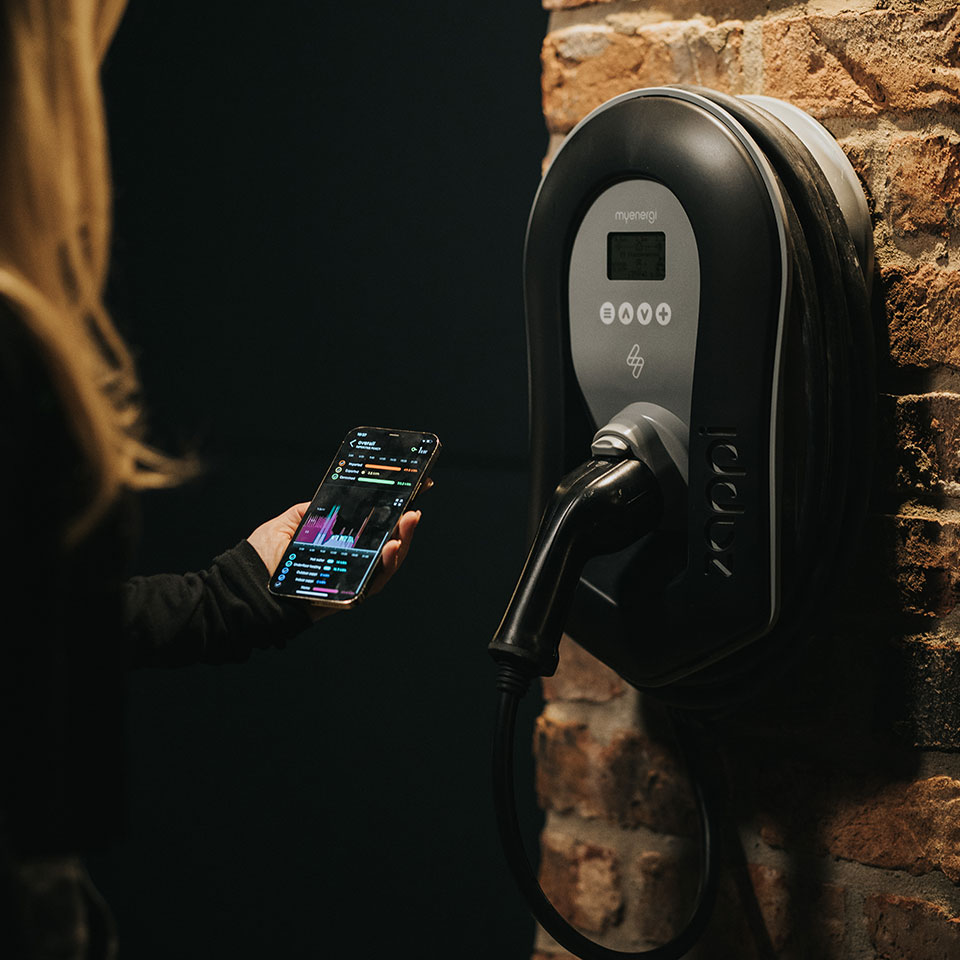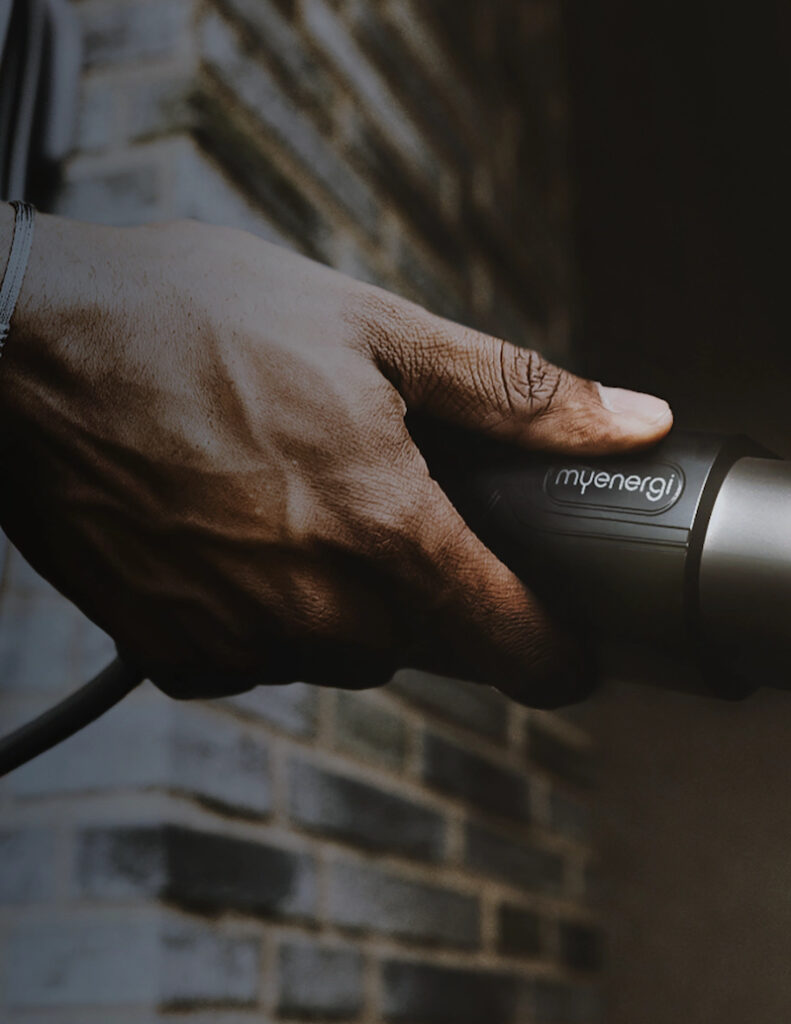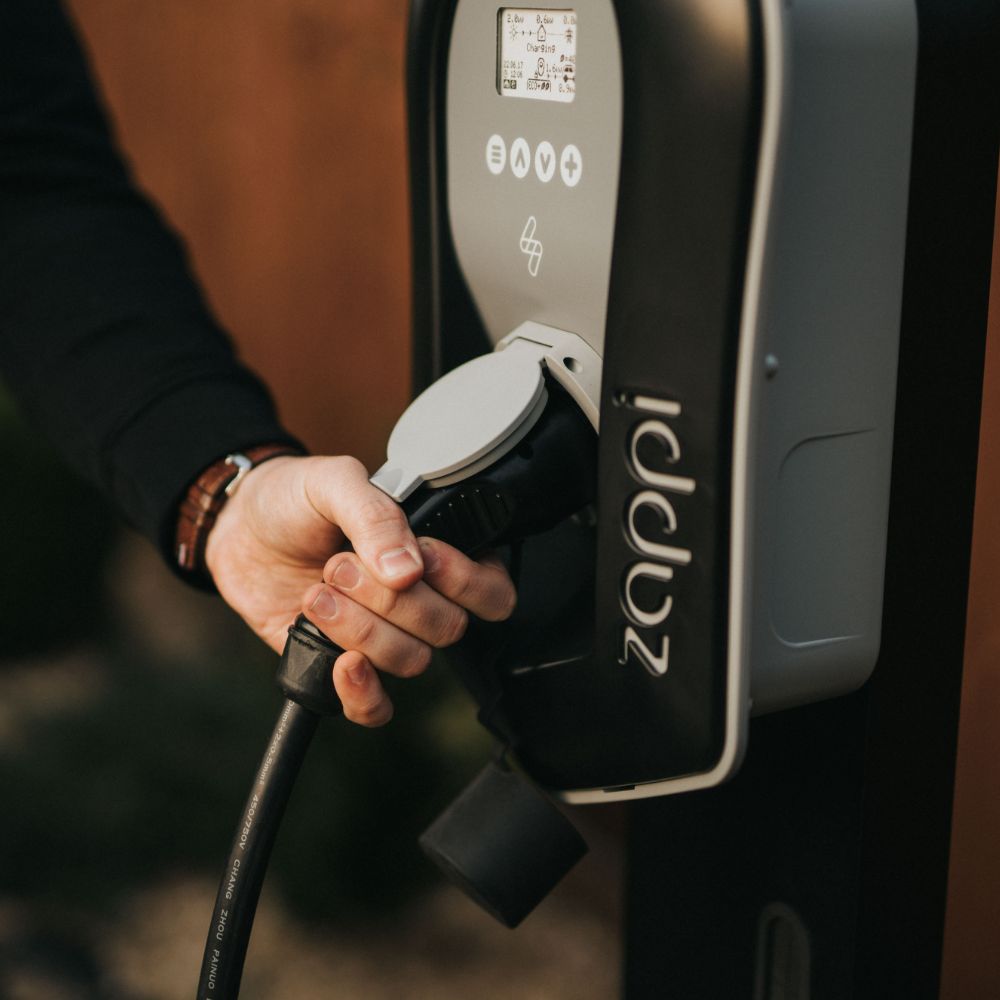
The typical lifespan of EV batteries
On average, modern EV batteries are designed to last between 10 to 20 years before requiring replacement. Most manufacturers offer warranties ranging from 8 to 10 years or up to 100,000 miles, ensuring that drivers can trust the longevity of their investment.
Factors such as the type of battery, driving habits, and environmental conditions can impact how long an EV battery lasts. Lithium-ion batteries, the most common type in EVs, are known for their durability, energy efficiency, and relatively low rates of degradation. However, extreme temperatures and frequent fast charging can accelerate wear and tear.
EV battery degradation explained
Battery degradation refers to the gradual loss of a battery’s capacity to hold a charge. Over time, this reduces the amount of energy the battery can store and deliver, leading to a shorter driving range. However, this doesn’t mean the battery stops working; it simply holds less charge as it ages.
Encouragingly, advancements in battery technology are improving the durability of EV batteries. A 2024 study found that EV batteries lose about 1.8% of their capacity per year on average, down from 2.3% reported in 2019.
This means that an EV with a 300-mile range may lose approximately 5.4 miles of range annually, based on an average annual degradation rate of 1.8%.
Manufacturers often provide an EV battery degradation chart to help customers anticipate how their battery performance may evolve over the years.
Minimising EV battery degradation
Being mindful of your EV’s battery health can help keep degradation at a minimum.
One of the biggest factors that affect battery degradation is the frequent use of fast charging. Fast charging, whilst helpful when you need a quick top-up, can generate excessive heat that accelerates wear on battery cells, leading to a faster rate of degradation.
Additionally, maintaining the battery’s charge level between 20% and 80% is optimal for preserving its health. This is because batteries experience less stress when operating within this mid-range of charge, avoiding the strain caused by fully charging or deeply discharging the battery.
Temperature also play a role in battery health. Parking your vehicle in moderate temperatures whenever possible helps mitigate thermal stress on the battery, extending its overall lifespan.

EV battery health checks
An EV battery health check like a trip to the doctor for your car—it’s a quick way to make sure everything is running smoothly and catch any issues early. Most manufacturers offer professional health checks as part of their service packages, giving you a detailed report on your battery’s capacity and overall condition.
Want to keep an eye on things between check-ups? Many EVs come with built-in tools or companion apps that let you monitor battery health in real time. You can also do a little self-diagnosis by keeping tabs on:
- State of charge (SOC): Is your battery charging to its expected full capacity?
- Range: Has your EV’s driving range noticeably decreased?
- Charging speed: Is it taking longer to juice up than it used to?
Just like with your own health, a little proactive care goes a long way. Regular checks, whether through your manufacturer or self-monitoring, can help keep your EV battery maintain its longevity.
Can an EV battery be repaired?
If your EV’s battery is unhealthy, you’re looking at two options: replace or repair. Replacing an entire EV battery can be expensive, but in many cases, it’s not the only solution. EV battery repair services offer a more cost-effective and sustainable alternative by addressing specific issues within the battery pack.
Common repairs include replacing faulty cells, which may be underperforming or damaged, and recalibrating the battery management system (BMS) to optimise performance. These targeted fixes can restore functionality and extend the lifespan of your battery without the need for a full replacement.
However, whether a repair is possible depends on the nature and extent of the damage. For instance, physical damage to the battery housing or significant thermal degradation may require more extensive intervention. Consulting your EV manufacturer or a certified repair service is the best way to determine the right course of action.
EV battery costs and replacement
An EV battery is one of the most expensive components of an electric vehicle. The EV battery replacement cost depends on the vehicle’s make and model, but the average price in the UK is around £7200. However, advancements in manufacturing and economies of scale are steadily reducing EV battery costs.
It’s worth noting that most drivers will never need to replace their battery, as its lifespan typically outlasts the vehicle itself. For those who do, warranties often cover replacements within a specified period.

EV battery recycling and disposal
What happens when an EV battery reaches the end of its lifespan? The good news is that most EV batteries are recyclable.
In the UK, the volume of EV batteries requiring recycling is projected to rise from approximately 28,000 tonnes in 2030 to about 235,000 tonnes by 2040.
Recycling processes are designed to recover valuable materials such as lithium, cobalt, and nickel, which can be reused in manufacturing new batteries. This approach not only conserves resources but also reduces the environmental impact associated with mining and processing virgin materials. However, current recycling techniques are often inefficient and labour-intensive.
Beyond recycling, EV batteries can embark on a ‘second life’ in energy storage systems. For instance, Jaguar Land Rover has collaborated with Wykes Engineering to develop one of the UK’s largest energy storage systems, repurposing second-life Jaguar I-PACE batteries to store renewable energy.
Strict regulations govern EV battery disposal to prevent environmental harm. The UK battery strategy emphasises the development of a sustainable and competitive battery supply chain, including end-of-life management and recycling infrastructure.

The future of EV battery lifespan
The rapid pace of innovation in EV battery technology is shaping a brighter and more sustainable future for electric vehicles. Manufacturers are continuously improving energy density, extending battery lifespans, and reducing costs to make EVs more accessible and environmentally friendly.
One of the most promising advancements is the development of solid-state batteries, which offer longer lifespans, faster charging times, and enhanced safety compared to traditional lithium-ion batteries. For instance, Nissan has been developing solid-state batteries in collaboration with NASA, aiming to utilise them both in automobiles and space applications.
Researchers are also exploring alternatives like lithium-sulfur and silicon-based batteries, aiming to reduce reliance on scarce resources. Lyten, for example, is making headway in bringing lithium-sulfur batteries to market, which could significantly improve energy density.
So, how long do they last?
With proper care and advances in technology, today’s EV batteries can last well over a decade. Whilst EV batteries are subject to natural degradation, the impact shouldn’t be too noticeable on a day to day basis. Want to learn more about more about EVs? Head over to our EV Hub which is filled to the brim with everything you need to know about driving electric.



